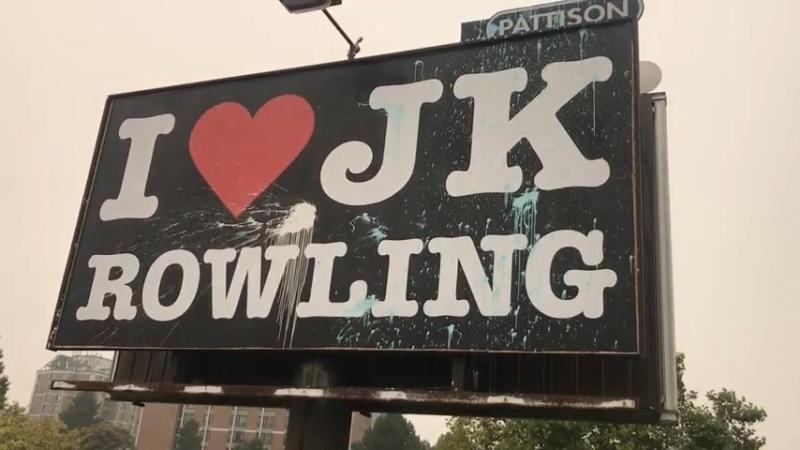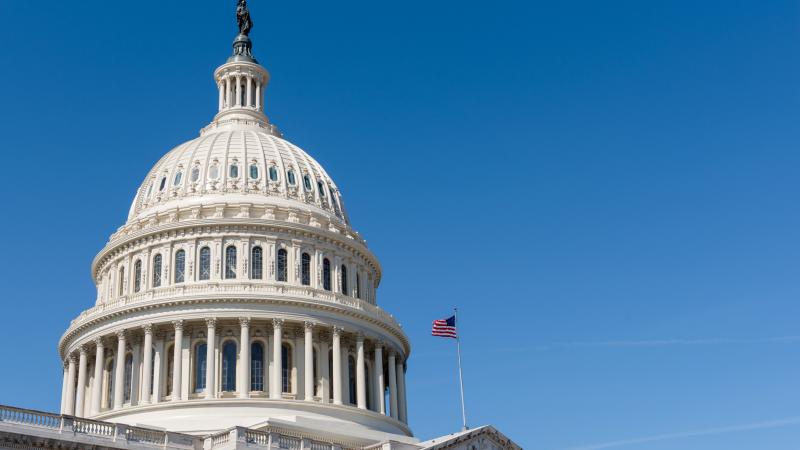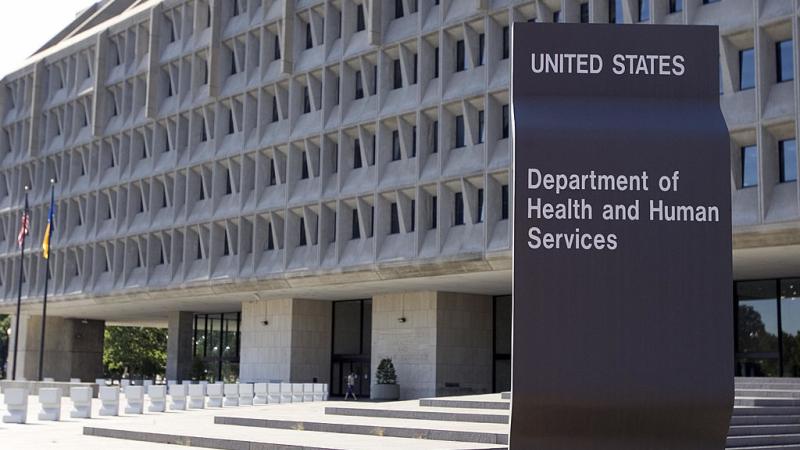Legal scholar Turley asks why hasn't FBI raided NY Times publisher, as with O'Keefe
"Sulzberger really had no reason to worry even after the O’Keefe raid," Turley argues. "That is precisely the problem."
Legal scholar Jonathan Turley is posing the argument in the aftermath of the recent court order that required The New York Time to return or destroy confidential Project Veritas memos that the FBI should raid the newspaper publisher's home like the agency did when it raided the home of Project Veritas's founder and seized related confidential material.
Turley points out in a blog post Sunday that he joins others in expressing concerns about courts preventing news outlets from publishing content from a source and ordering them to return the material.
"One question, however, remains: when will the FBI raid the home of New York Times publisher, A.G. Sulzberger?,” he asks. "That is what the Justice Department did when Project Veritas was given the diary of President Joe Biden’s daughter, Ashley – the subject of the New York Times story."
Agents in mid-November raided the homes of Project Veritas founder James O’Keefe and others associated with the conservative news organization and seized confidential communications.
"Of course, Project Veritas is hardly popular with many in the media as an outfit known for ambush journalism," Turley writes. "Yet both publications were given stolen or abandoned confidential material. The difference in response appears based on the source of the material and the political orientation of the publication."
He says Ashley Biden's diary was "deemed a federal issue of such importance" that the Biden administration conducted "highly intrusive searches and seizures targeting a publisher. Conversely, the New York Times obtained core attorney-client material that was unlawfully taken from Project Veritas. What is most striking is that the New York Times story is an attack on both core media and legal values.”
In his Dec. 24 opinion, Judge Charles Wood describes how The New York Times was given the legal memos of Project Veritas counsel Benjamin Barr, which Turley says appears like "typical legal analysis" for a news organization in explaining the legal standards that would apply in possibly publishing material from the Ashley Biden diary.
The Times says the memos give guidance about how Project Veritas can remain, in Barr's view, "on the right side of these laws."
Turley writes: "So the New York Times wants to publish the legal advice given to another publication … . In decades as a legal commentator, law professor, and lawyer in this area, I have never seen such an intrusion into this area of confidential communications of a news organization by another news organization.
"Putting aside the horrendous judgment of the New York Times, the story returns us to the glaring contradiction with the Ashley Biden story. While one could debate the news value of the legal memos, the contents of the diary would be considered newsworthy under current torts standards governing civil liability.
"Like her brother Hunter, Ashley has struggled with addiction and the diary recounts that struggle of someone who would constitute a 'public figure' under defamation law."
He also argues The Times has acknowledged Ashley Biden left her diary with some clothes in a house in Delray, Florida, when she moved. Conversely, the legal memos were marked confidential, and that if opposing counsel were ever given such material in litigation, a court would order the return of the material.
"In the end," Turley writes. "I would oppose a raid on the Sulzberger home just as I opposed the raid on the O’Keefe home. However, Sulzberger really had no reason to worry even after the O’Keefe raid. That is precisely the problem."















